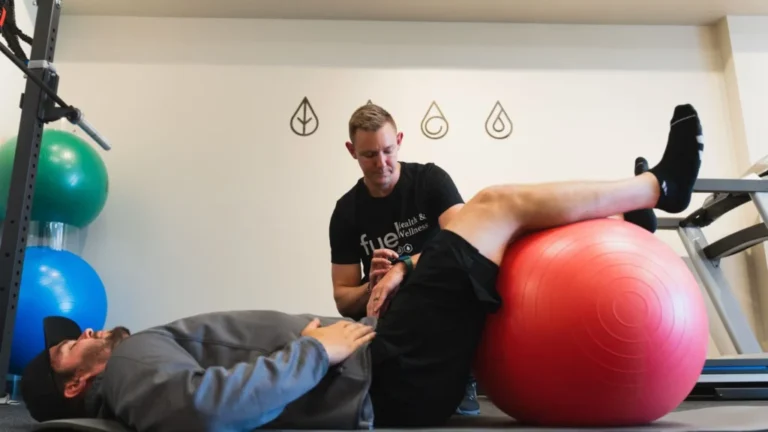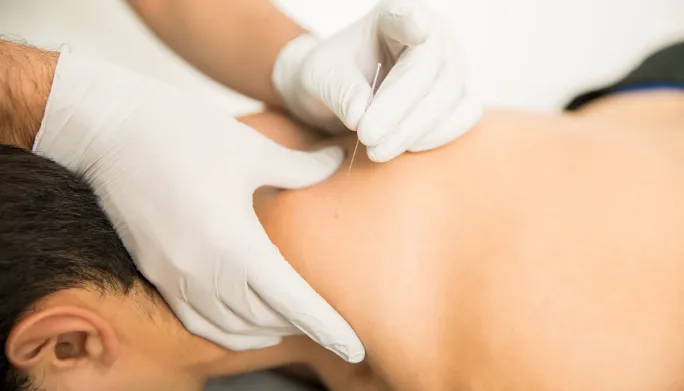Sports Physicals: Key Steps to Safeguarding Your Athlete’s Health

Sports physicals, also known as pre-participation physical exams (PPEs), are a fundamental component of maintaining athletic health and preparing young athletes for their sports activities. These evaluations not only assess the physical readiness of participants but also play a key role in injury prevention in sports by addressing potential health risks. While the key steps may vary slightly according to the healthcare provider, sports physicals generally consist of the following steps:
Medical History
The first part of the sports physicals focuses on reviewing the athlete’s medical history and current lifestyle habits. A healthcare provider will examine factors such as:
- Past injuries, surgeries, or medical conditions
- Family medical history
- Allergies
- Use of substances such as tobacco, alcohol, or drugs
- Exercise routines and dietary habits
Honest communication is fundamental during this process. A teenager experiencing unexplained fatigue may unknowingly have a condition like anemia that can be addressed before it affects performance. Health providers use the insights gathered to identify any areas that may require closer monitoring.
Physical Examination
Following the history review, the provider conducts a physical examination. This portion of the sports physical provides a detailed look at the athlete’s bodily systems. The examination typically includes:
- Neurological Testing: Reflex tests assess proper nerve function.
- Vision and Hearing Evaluation: These are completed to detect any impairment that could affect performance or safety during play.
- Cardiopulmonary Assessment: The provider listens to the heart and lungs to check for irregularities in rhythm or breathing.
- Vital Sign Monitoring: Measurements of heart rate and blood pressure provide baseline information for future comparisons.
The abdomen is gently palpated to evaluate the size and position of internal organs. While this process is standard, it can help detect underlying issues that might hinder long-term athletic health.
Lab Tests
Lab testing helps identify hidden health conditions, particularly in active, growing children. Blood work may reveal nutrient deficiencies or imbalances, while a urinalysis can detect dehydration, diabetes-related symptoms, or signs of kidney stress. These tests enable providers to implement proactive measures, supporting athletes in optimizing their performance while minimizing potential health risks.
By addressing these underlying factors through assessments and lab testing, healthcare providers can tailor interventions that enhance athletic performance. This comprehensive approach makes sure that young athletes receive the support they need to perform at their best. It also minimizes the risks associated with undetected health issues.
Why Sports Physicals Matter
Sports physicals are key in safeguarding athletes by identifying health conditions that might pose risks during vigorous activities. This preventive approach not only keeps athletes healthier but also reduces the likelihood of injury. The comprehensive insights offered by these evaluations make sports physicals a key part of any athlete’s preparation for their sport. Sports physicals can serve as educational opportunities. Providers often share tailored advice on topics such as proper nutrition, hydration, and rest, helping athletes establish habits that will benefit them long after their playing careers.
Schedule a Sports Physical for Your Athlete Today
A well-structured sports physical is key to promoting the safety, health, and success of young athletes. By completing these evaluations, athletes can enter their sports season equipped with the knowledge and readiness to perform confidently and safely. Schedule a sports physical with a healthcare provider to get your athlete off to a good start.
- What to Expect When Visiting a Foot and Ankle Specialist
- Causes of PTSD
- The Link Between Plantar Fasciitis and Weight Gain: What You Need to Know
- How Pet Ownership Can Positively Impact Life with Fibromyalgia
- The Importance of Stretching and Flexibility in Sports Medicine
Dr. Emma Green is a health and wellness expert with over 10 years of experience in nutrition and fitness. Passionate about helping others live their healthiest lives, Dr. Green shares practical advice on wellness, nutrition, and sustainable living through LivingSpristine.






